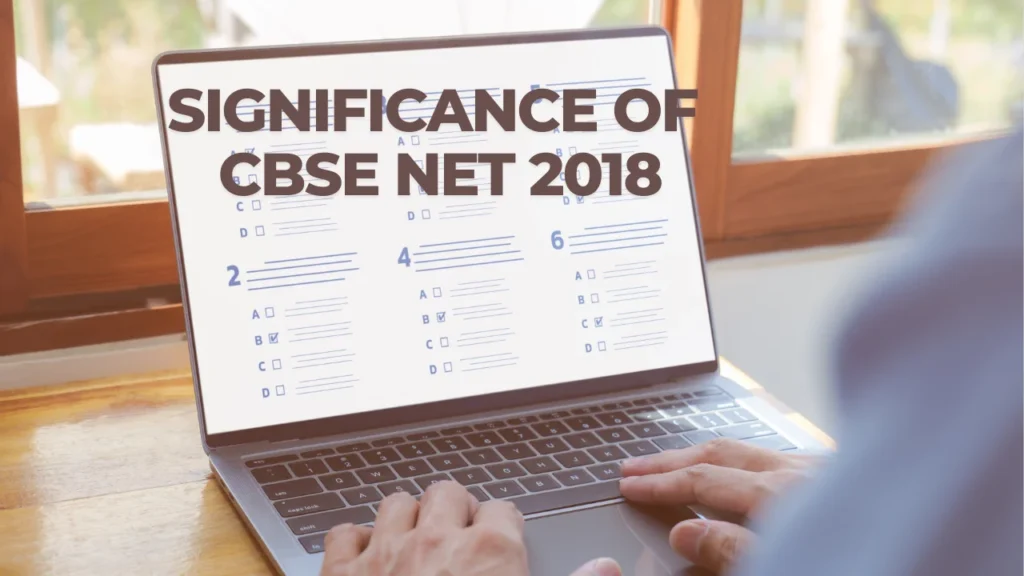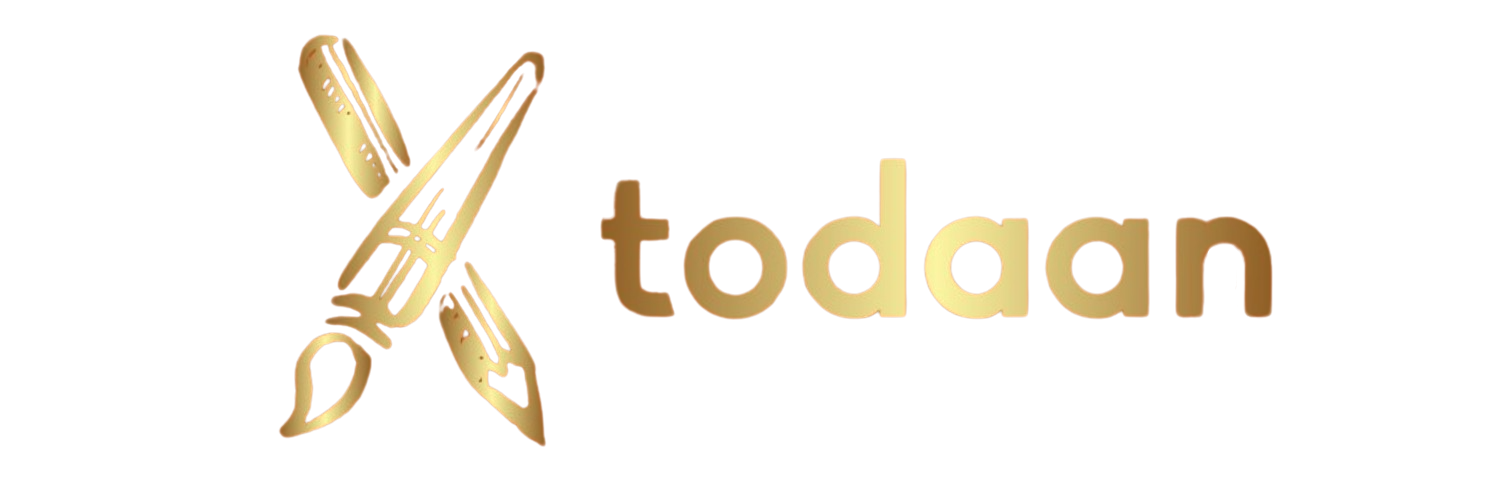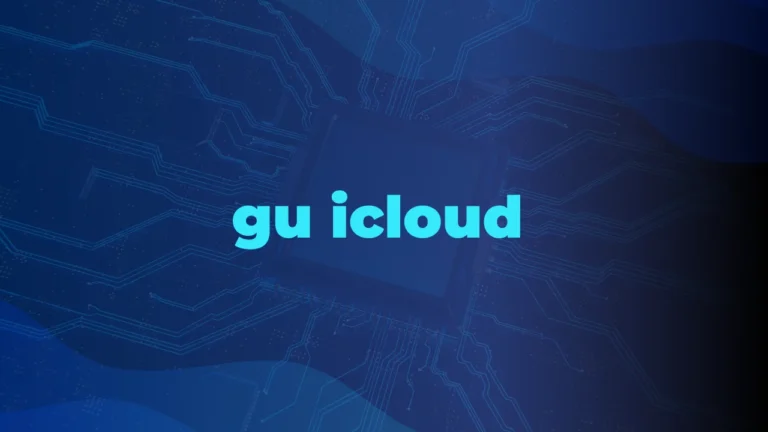CBSE NET 2018: Exam Details, Eligibility, Pattern, and Results
The CBSE NET 2018 (Central Board of Secondary Education National Eligibility Test) was a crucial examination for individuals aspiring to qualify as Assistant Professors or obtain the Junior Research Fellowship (JRF) in Indian universities and colleges. Conducted on July 8, 2018, this exam was a landmark event as it introduced several changes in the exam structure and administration. It was also the last NET exam conducted by CBSE before the National Testing Agency (NTA) took over the responsibility.
Also Read: Rs 149 Bear Design Long-Sleeve Baby Jumpsuit – TheSpark Shop
What is CBSE NET 2018?
It was a national-level exam conducted on July 8, 2018, to determine eligibility for Assistant Professor and Junior Research Fellowship (JRF) in Indian universities. It was the last NET exam conducted by CBSE before the National Testing Agency (NTA) took over. The exam pattern changed from three papers to two, focusing on teaching aptitude and subject knowledge. Candidates needed a Master’s degree with at least 55% marks (50% for reserved categories) to apply. The JRF age limit was 30 years, while there was no upper age limit for Assistant Professor applicants. The exam was conducted in 91 cities across India, ensuring wider accessibility. The results were announced on July 31, 2018, with only 6% of candidates qualifying. It played a key role in shaping academic and research careers.
Changes in CBSE NET 2018
CBSE NET 2018 introduced significant structural modifications that made the exam more streamlined and candidate-friendly. The most notable change was the reduction in the number of papers. Previously, the exam had three papers, but in it, it was reduced to two. This alteration helped in eliminating redundancy and focusing more on evaluating candidates’ subject expertise and teaching aptitude.
Another major shift was the duration and time allocation. The first paper tested the teaching and research abilities of the candidates, while the second paper was subject-specific. The entire examination was conducted in a single session instead of separate ones.
Eligibility Criteria for CBSE NET 2018
To appear for it, candidates needed to meet certain educational and age-related requirements. The minimum educational qualification was a Master’s degree with at least 55% marks for General category candidates. However, for OBC (Non-Creamy Layer), SC, ST, and PwD candidates, the requirement was 50%.
The age criteria also varied based on the type of eligibility sought:
- For Junior Research Fellowship (JRF): Candidates should not have been more than 30 years old. However, a relaxation of 5 years was provided to OBC, SC, ST, PwD, and female candidates.
- For Assistant Professor: There was no upper age limit, making it accessible for older candidates as well.
These relaxed conditions ensured that it remained inclusive and provided equal opportunities to a wider range of candidates.
Exam Pattern and Structure
The exam consisted of two papers that tested different skill sets. Below is a breakdown of the exam structure:
| Paper | Number of Questions | Marks | Duration | Content |
|---|---|---|---|---|
| Paper 1 | 50 | 100 | 1 hour | Teaching and research aptitude |
| Paper 2 | 100 | 200 | 2 hours | Subject-specific questions |
Paper 1 focused on reasoning ability, comprehension, general awareness, and divergent thinking. Paper 2 contained subject-based multiple-choice questions that tested candidates on their expertise in the selected discipline. Both papers were mandatory and there was no negative marking, which encouraged candidates to attempt all questions.
Application Process and Fees
The application process for it was entirely online, making it more convenient for applicants. Candidates had to visit the official CBSE NET website and complete their registration by filling out personal and academic details. The application process began in March 2018 and was open for a month.
The application fee was structured based on different categories:
| Category | Application Fee |
|---|---|
| General | ₹800 |
| OBC (NCL) | ₹400 |
| SC/ST/PwD | ₹200 |
Once the application was submitted, candidates could download their it admit card from the official website. This document was mandatory for entry into the examination hall.
Also Read: Wellhealthorganic.com: Rich Protein Food for Vegetarians
Examination Centers and Admit Card
CBSE conducted the NET 2018 exam in multiple centers across 91 cities in India. Candidates had to select their preferred exam center while filling out the online application form. The admit card was made available for download in June 2018, and applicants were required to bring it along with a valid photo ID proof.
On the exam day, candidates were expected to reach their assigned centers well before the reporting time. Any latecomers were not allowed to enter the examination hall. Strict security measures were also implemented to prevent any malpractices.
CBSE NET 2018 Results and Cut-Off
The results of CBSE NET were announced on July 31, 2018. Candidates could check their scores by logging in to the official website using their application number and password.
To qualify, candidates had to score a minimum percentage in both papers:
| Category | Paper 1 (Min % Required) | Paper 2 (Min % Required) |
|---|---|---|
| General | 40% | 40% |
| OBC/SC/ST/PwD | 35% | 35% |
Only the top 6% of the total candidates who appeared in both papers were declared as NET qualified. This selection process ensured that only the best candidates made it to the final list.
Significance of CBSE NET 2018

It was an essential gateway for individuals aspiring to make a career in teaching and research. Qualifying for this exam meant that candidates were eligible to apply for Assistant Professor positions in various universities and colleges across India. Those who cleared JRF could apply for research fellowships, which provided financial support to scholars pursuing Ph.D. programs.
Moreover, it was the last time CBSE conducted the exam before it was handed over to the National Testing Agency (NTA). The transition aimed to make the examination process more efficient and technologically advanced.
Common Challenges Faced by Candidates
Many aspirants found it to be a tough exam due to its vast syllabus and competitive nature. One of the major difficulties was time management, as answering 150 questions within 3 hours required strong analytical and decision-making skills. Another challenge was the comprehensive nature of Paper 2, which required in-depth subject knowledge.
Many candidates also faced technical issues during the online application process, such as slow website loading and payment gateway errors. However, CBSE ensured that these issues were resolved promptly to ensure a smooth application experience.
Also Read: Wheon.com Business Ideas: A Roadmap to Success in 2025
Conclusion
The CBSE NET 2018 played a crucial role in shaping the careers of thousands of candidates by providing them with opportunities to work as Assistant Professors and Research Scholars. The introduction of a two-paper format, relaxed eligibility criteria, and efficient online application process made the examination more structured and accessible. With the NTA taking over from December 2018, further advancements were made in subsequent exams to enhance the transparency and accuracy of the selection process.
For aspirants planning to take similar exams in the future, staying updated with syllabus changes, practicing mock tests, and developing a strategic study plan remains key to success. It set the stage for a more refined examination system that continues to shape academic and research careers in India.


